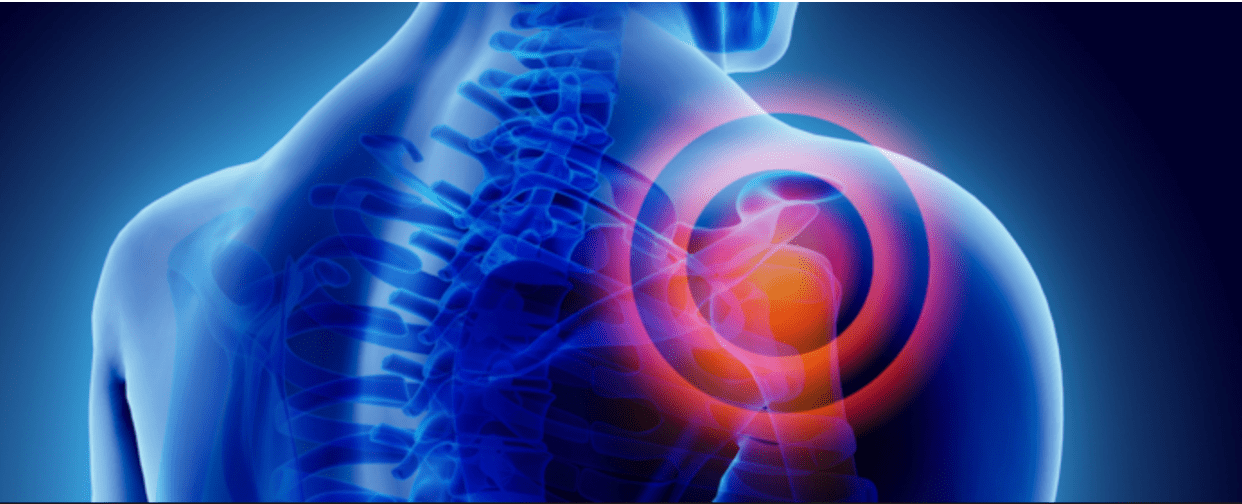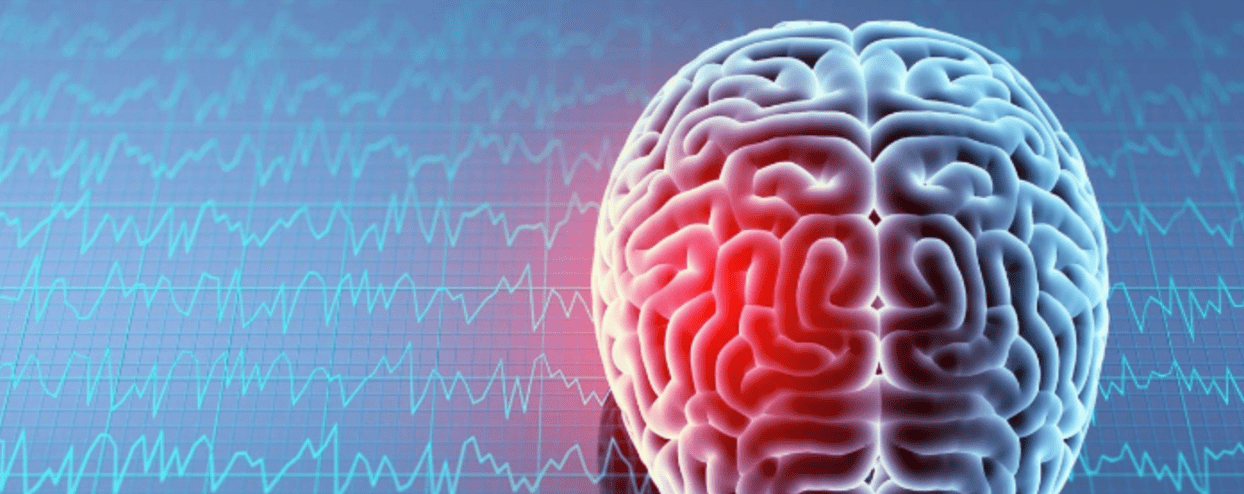Stemedix Regenerative Medicine Research and Health Awareness Blog
Stay up to date with the latest developments in regenerative medicine research and treatment. Subscribe to our newsletter.
How Is Multiple Sclerosis Diagnosed?
According to the National Multiple Sclerosis (MS) Society, there is no single test available which can diagnose MS on its own. Instead, healthcare providers must use a variety of approaches to confirm that a patient has the condition. These may include lab tests,...
How Sleep Boosts Heart Health
Experts have long suspected that sleep plays an important role in overall health, but new research published in the journal Circulation indicates an especially strong link between getting ample slumber and maintaining heart health. Specifically, individuals with the...
Does Stem Cell Therapy Work for Rotator Cuff Injuries?
The rotator cuff is a complex network of muscles and tendons which stabilize the shoulder joint. As its name suggests, it allows you to rotate and raise the shoulder and is thus critical to the functionality of your arm. Injuries to the rotator cuff can cause pain and...
Vitamin D Deficiency: What You Should Know
Vitamin D is an essential nutrient that helps the body process calcium and supports bone metabolism. Unfortunately, an estimated one billion people across the globe are believed to be deficient in the vitamin. Deficiencies have been linked to depression, diabetes,...
A Beginner’s Guide to the Autoimmune Protocol (AIP) Diet
Autoimmune diseases occur when the body’s immune system goes after healthy tissue because they can’t tell the difference between normal cells and foreign invaders. For people with these conditions, such as inflammatory bowel disease, dietary modifications may ease...
What Is BPC-157 Peptide & What Does It Help?
What Is BPC-157 Peptide & What Does It Help? BPC stands for “body protective compound.” BPC-157, in particular, is a synthetic peptide with 15 amino acids. It has been derived from digestive proteins and is largely used to prevent stomach ulcers. Recently,...
Adjusting to Life With Alzheimer’s Disease
If you or a family member has been diagnosed with Alzheimer’s, you’re not alone. More than 5 million people in the U.S. are living with some form of dementia. While receiving the diagnosis is difficult, there are still factors within your control, including how you...
Exploring the Safety and Efficacy of Umbilical Cord Mesenchymal Stem Cells in Patients with Heart Failure
After a decade of research, the safety and efficacy of intravenous infusion of bone-marrow-derived stem cells for therapeutic treatment in individuals with heart failure have been well established; however, until Bartolucci et al’s phase 1 / 2 randomized controlled...
Will an Apple a Day Really Keep the Doctor Away?
The old adage, “An apple a day keeps the doctor away” has roots that can be traced back to the mid-1800s. Naturally, one might assume that such outdated advice would have little value today. While an apple a day indeed lacks the ability to reduce the frequency of your...
Living with a Brain Injury: What to Expect
The brain controls everything we do, including our emotions, behaviors, the way we move our bodies, how we process information, and how we interact with others. As such, a traumatic brain injury can have life-altering effects, not only for the person who sustains it...
Exploring the Past, Present, and Future Treatment of Multiple System Atrophy
Multiple system atrophy (MSA) is a rare, progressively degenerative neurological disorder that affects several of the central nervous system’s involuntary (autonomic) functions, including blood pressure, breathing, bladder function, and motor control. Similar to...
How to Maintain a Healthy Immune System Naturally
Your immune system is your body’s most powerful line of defense against infection and illness. It comprises cells in many different areas of your body which must all work together in harmony. The immune system is affected by many different factors, including your diet...













 St. Petersburg, Florida
St. Petersburg, Florida
